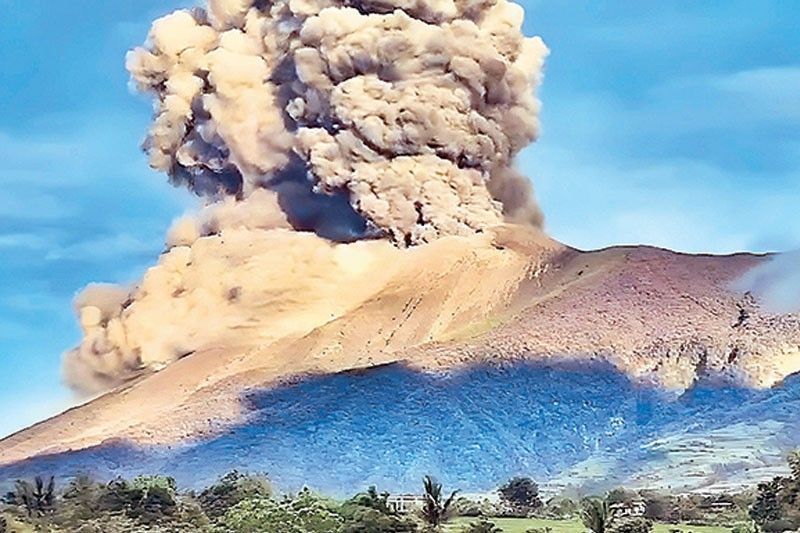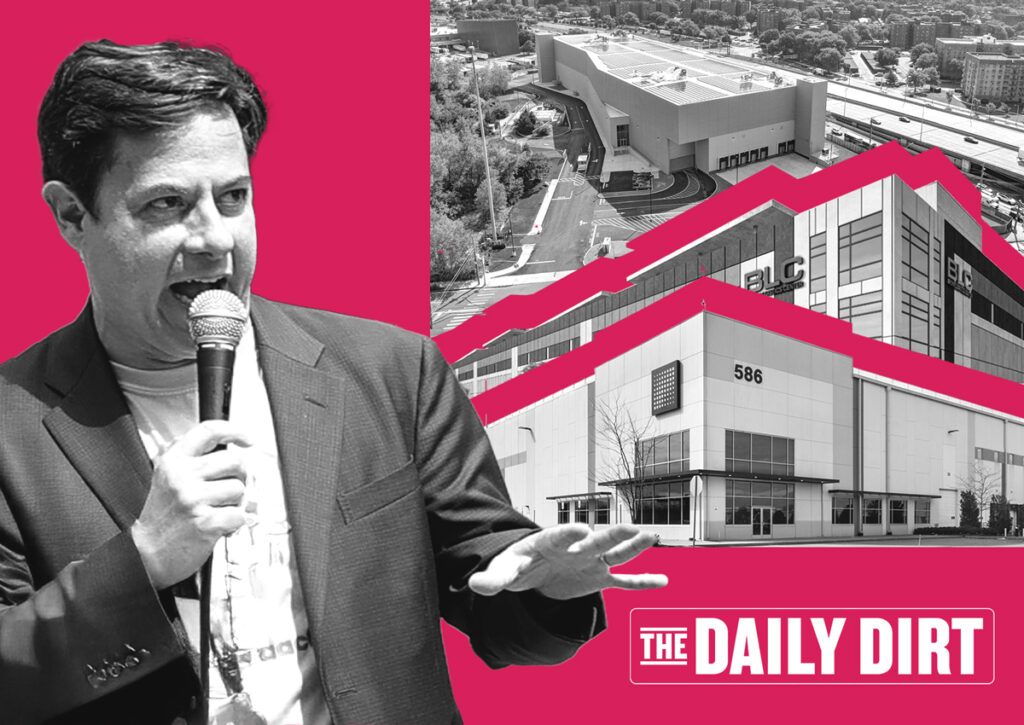Russia Threatens “Symmetric Response” as Energy Truce Remains Fragile
Table of Contents
- 1. Russia Threatens “Symmetric Response” as Energy Truce Remains Fragile
- 2. Escalating Tensions and Accusations
- 3. The “Symmetric Response” Threat: What Does It Mean?
- 4. trump-Putin Call and the fragile Truce
- 5. Implications for the United States
- 6. Expert Analysis and Potential Counterarguments
- 7. Recent developments and Future Outlook
- 8. What are the potential consequences of Russia’s “symmetric response” threat, and how might they impact global energy security?
- 9. Interview: Russia’s “Symmetric Response” Threat – An Expert’s View
- 10. The Fragile Energy Truce
- 11. Understanding the “Symmetric Response”
- 12. Implications and International Response
- 13. Looking Ahead: De-escalation and Negotiation
By archyde.com News Service | March 22, 2025
Amidst a backdrop of accusations adn counter-accusations, the fragile truce on attacks against Ukrainian energy infrastructure, brokered by a phone call between Presidents Trump and Putin, teeters on the brink. Russia is now asserting its right to a “symmetric response” should Ukraine continue attacks on Russian energy facilities,raising concerns about a renewed escalation in the conflict.
Escalating Tensions and Accusations
The precarious situation follows recent mutual accusations between Russia and Ukraine regarding an attack on a Russian gas pumping station located in the border region. The specific location is near where Ukrainian troops have recently withdrawn.
Both sides have a history of targeting each other’s energy infrastructure during the prolonged conflict, now in its third year. The stakes are incredibly high, given the reliance of both nations, and Europe as a whole, on stable energy supplies. The back-and-forth attacks mirror, in some ways, the cyber warfare strategies seen between the U.S. and its adversaries, where infrastructure is targeted to send a message.
The Russian Foreign Ministry issued a statement, quoted by Reuters, asserting Russia reserves the right to a “symmetric response” of Ukrainian attacks against Russian energy facilities.
The “Symmetric Response” Threat: What Does It Mean?
The threat of a “symmetric response” raises critical questions. What exactly does Russia consider a “symmetric” response? Would it involve targeting comparable Ukrainian energy facilities, potentially crippling the nation’s power grid and heating systems as winter ends? This ambiguity adds a layer of uncertainty to an already volatile situation. Think of it like the “mutually assured destruction” doctrine of the Cold War, but applied to energy infrastructure: attack ours, and we attack yours, potentially leading to catastrophic consequences for civilians.
the Russian Foreign Ministry stated, “Like in 2022, Again, provocations are used to violate the negotiation process.We clearly warn that if the regime in Kiev continues its destructive line, the Russian Federation reserves the right to respond, including with a symmetrical answer.” This statement, while direct, offers little clarity on the specific triggers or scale of a potential Russian response.
trump-Putin Call and the fragile Truce
The recent agreement to halt attacks on Ukrainian energy infrastructure, reportedly reached during a phone call between Presidents Trump and Putin, offered a glimmer of hope.However, this agreement now appears increasingly fragile in light of the escalating accusations and threats.
On March 19, President Zelensky reportedly accepted the “energy truce” in a conversation with Trump. The initial reports suggested a 30-day cessation of attacks.However,the current exchange of accusations suggests that one or both sides believe the other has violated the spirit,if not the letter,of the agreement.
This situation mirrors past attempts at ceasefires in the region, wich often break down due to mistrust and a lack of effective monitoring mechanisms.The U.S. experience with negotiating arms control treaties with the Soviet Union during the Cold War offers a relevant past parallel. Without robust verification and enforcement, agreements can quickly unravel.
Implications for the United States
While the conflict is geographically distant, developments in Eastern Europe have implications for the United States. Instability in the region can disrupt global energy markets, potentially leading to higher energy prices for American consumers. Furthermore, the conflict tests the resolve of the United States and its allies to deter aggression and uphold international law.
The U.S. has provided significant financial and military aid to Ukraine. An escalation of the conflict could put pressure on Washington to increase its support, potentially diverting resources from domestic priorities. The political debate in the U.S. regarding the level and type of support for Ukraine is ongoing, reflecting a range of perspectives on America’s role in the crisis.
Expert Analysis and Potential Counterarguments
Some analysts argue that Russia’s threat of a “symmetric response” is primarily a rhetorical tool intended to deter further Ukrainian attacks. They suggest that Russia may be reluctant to further damage Ukrainian energy infrastructure, as it could destabilize the region and potentially invite stronger international condemnation. However, this view is countered by the fact that Russia has already demonstrated a willingness to target civilian infrastructure in the past, raising concerns about its future intentions.
Recent developments and Future Outlook
The situation remains fluid and unpredictable. Further escalation is possible,particularly if either side believes it can gain a strategic advantage through attacks on energy infrastructure. The role of international mediators, including the United States, will be crucial in de-escalating tensions and preventing a renewed cycle of violence.The coming weeks will be critical in determining whether the fragile energy truce can be salvaged or whether the conflict will enter a new and more hazardous phase.
| Event | Date | Meaning |
|---|---|---|
| Attack on gas pumping station | March 2025 | Increased tensions, mutual accusations |
| Trump-Putin phone call | Mid-March 2025 | Brokered fragile truce on energy attacks |
| Russian Foreign Ministry Statement | march 2025 | Threat of “symmetric response” |
What are the potential consequences of Russia’s “symmetric response” threat, and how might they impact global energy security?
Interview: Russia’s “Symmetric Response” Threat – An Expert’s View
Archyde: Welcome, everyone, to Archyde News. Today, we’re discussing the increasingly precarious situation in Eastern Europe, specifically Russia’s recent threat of a “symmetric response” to Ukrainian attacks on its energy infrastructure. Joining us is Dr. Anya Sharma,a geopolitical analyst specializing in energy security. Dr. Sharma, welcome.
dr. Sharma: Thank you for having me.
The Fragile Energy Truce
Archyde: The backdrop is this fragile truce on energy infrastructure, reportedly negotiated between Presidents Trump and Putin. Can you give us your perspective on this truce and its current state?
Dr. Sharma: The energy truce, while a welcome growth, appears incredibly unstable. Both sides, as we’ve seen, are accusing each other of violations. The attack on the gas pumping station is a clear example of the escalating tensions. Without robust verification mechanisms, agreements like this are bound to face challenges.
Understanding the “Symmetric Response”
Archyde: Russia’s threat of a “symmetric response” is generating considerable concern. What does this mean in practical terms, and how shoudl we interpret this statement?
Dr. Sharma: The ambiguity is, frankly, the most worrying aspect. “Symmetric” could mean anything from targeting Ukrainian energy facilities in kind,potentially crippling their power grid,to more covert cyber attacks. The lack of specifics, as emphasized by the Russian Foreign Ministry, creates a risky environment ripe for miscalculation and escalation. It’s a high-stakes game of brinkmanship.
Implications and International Response
Archyde: The conflict’s implications extend beyond the immediate region. How do these developments in Eastern Europe influence the United States and the international community?
Dr. Sharma: The U.S. and its allies are already feeling the effects. Instability can disrupt global energy markets, leading to higher prices. Furthermore, this situation tests international resolve to deter aggression and uphold international law. The situation puts pressure on Washington to consider the intensity, type, and level of aid for Ukraine. The path forward is uncertain, and the next few weeks will be pivotal.
Looking Ahead: De-escalation and Negotiation
Archyde: What are the potential next steps,and what role can international mediators play in de-escalating this crisis?
Dr. Sharma: Firstly, it’s crucial to establish clear communication channels to avoid misinterpretations and unintended consequences. International mediators, including the United States, can play a vital role in bringing both sides to the table.This may include the possibility of future ceasefire agreements. However, the effectiveness of these efforts hinges on a shared commitment to de-escalation, which, given the rhetoric, remains far from certain.
Archyde: A thought-provoking question for our audience: Considering the global implications, what measures do you believe are most crucial for preventing further escalation and safeguarding energy security in these turbulent times? Feel free to share your ideas in the comments section below.
Dr. Sharma: That’s an excellent question.
Archyde: Dr. Sharma, thank you for your insights.
Dr. Sharma: My pleasure.








